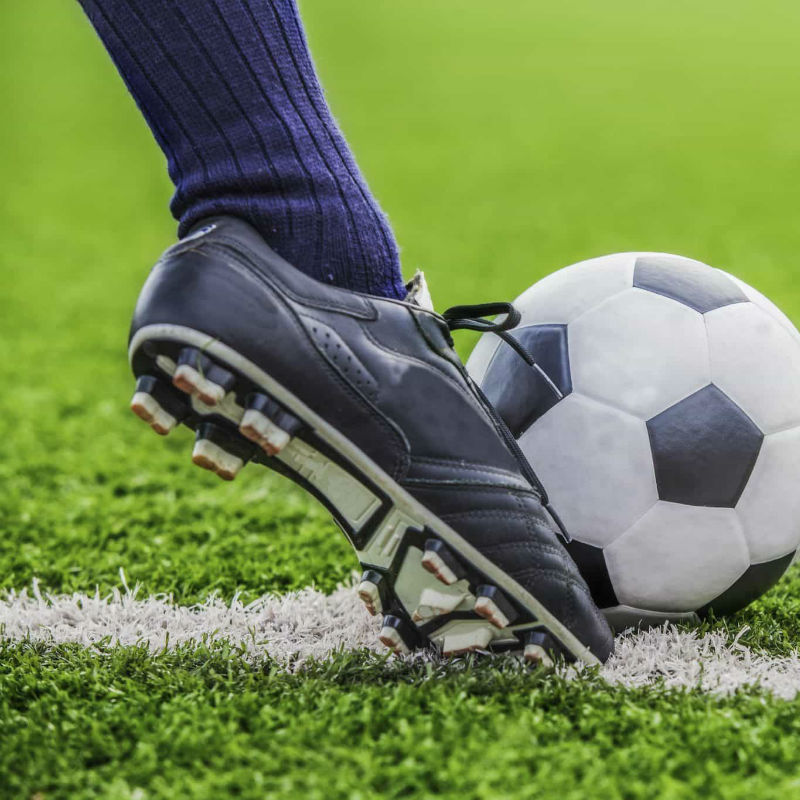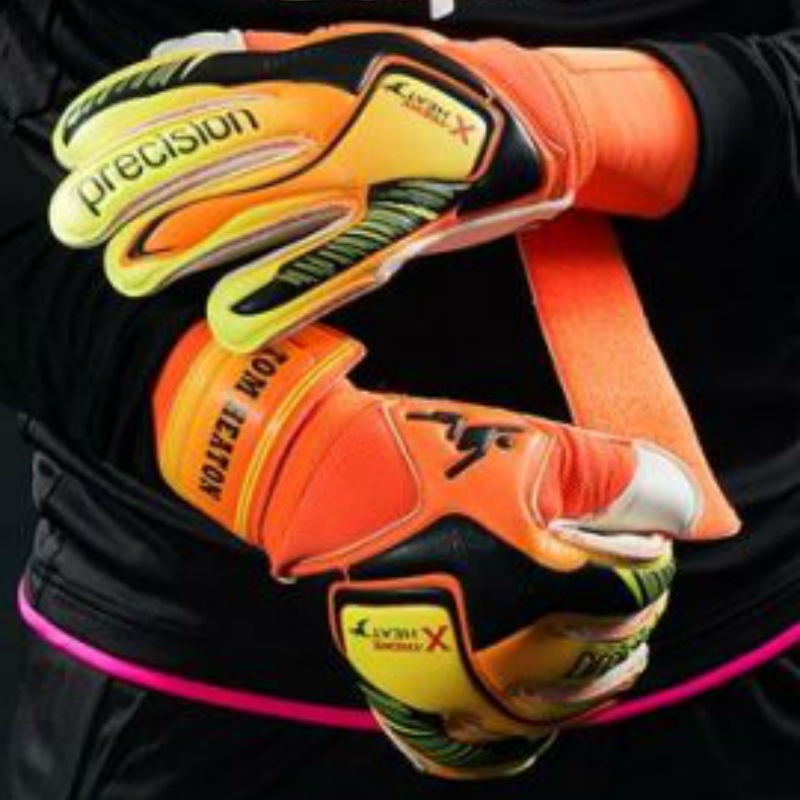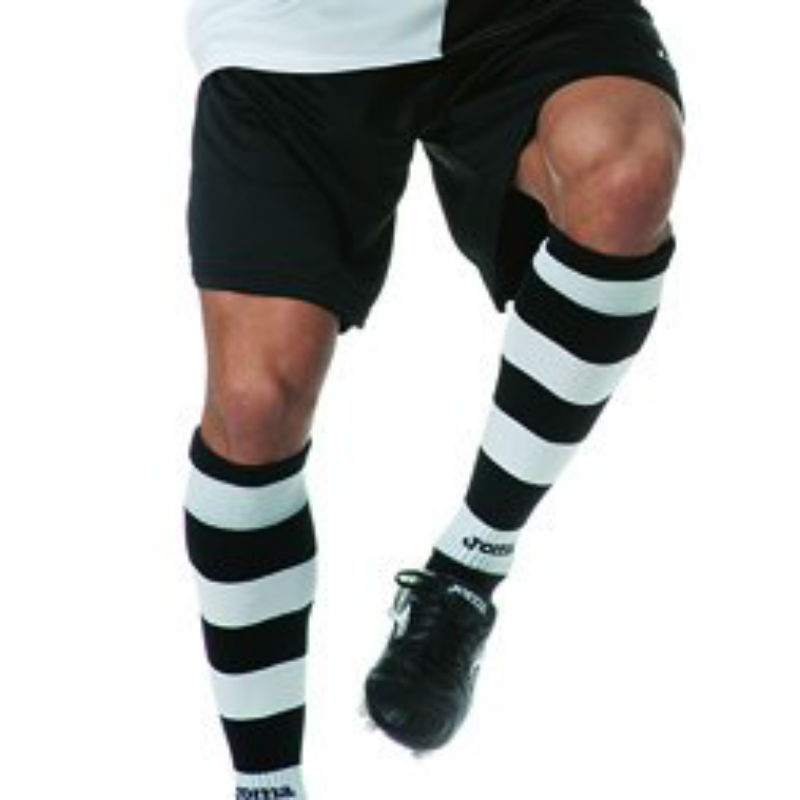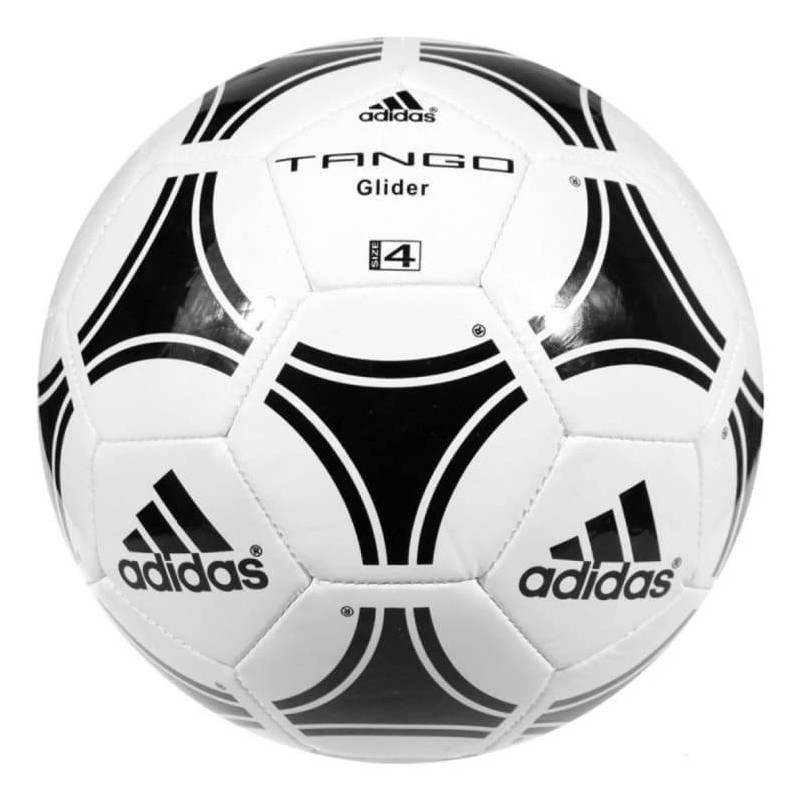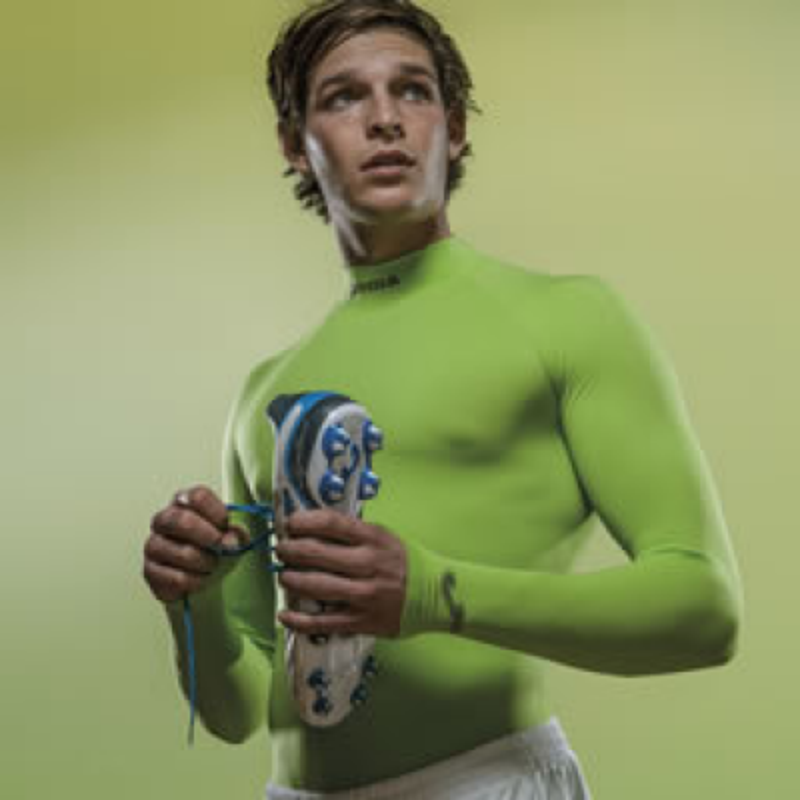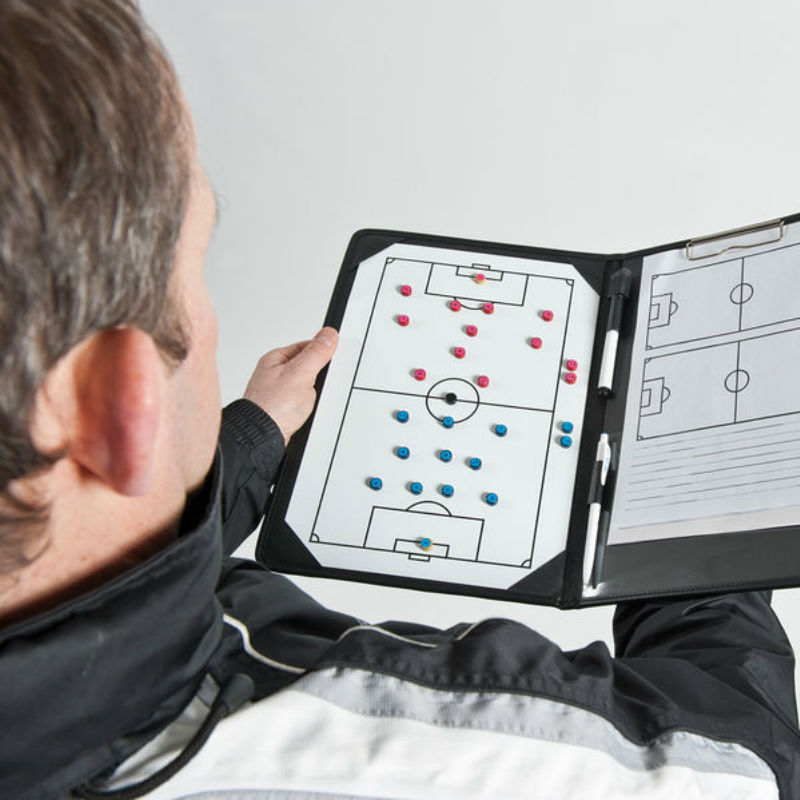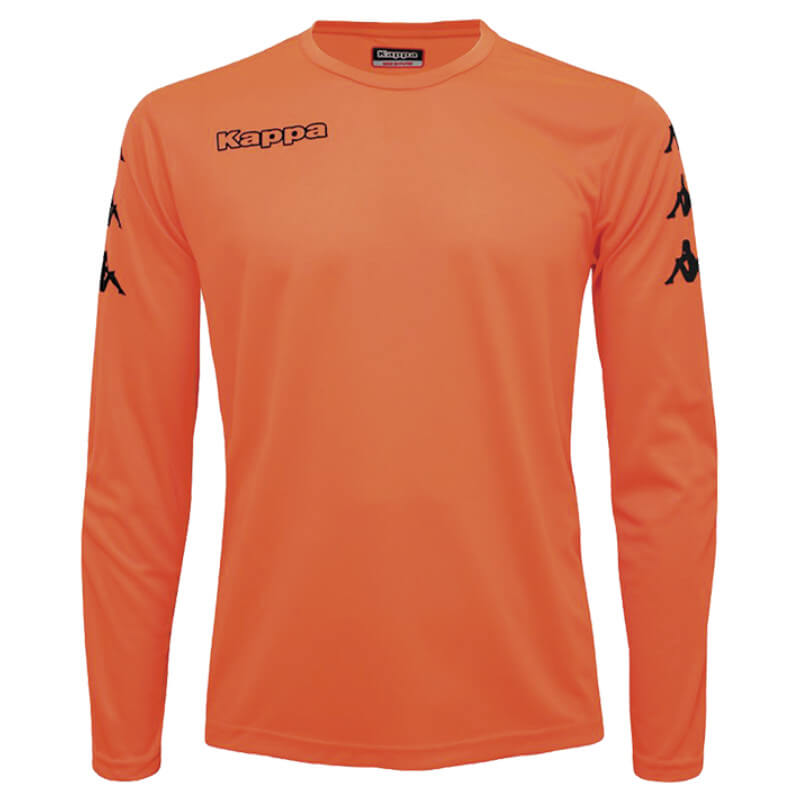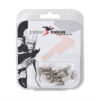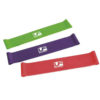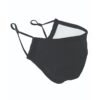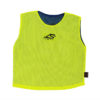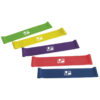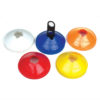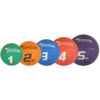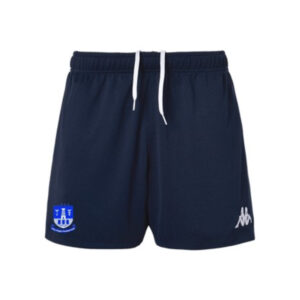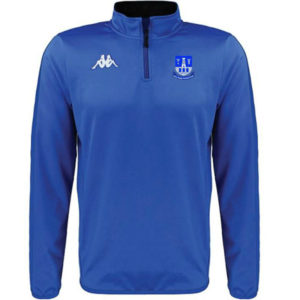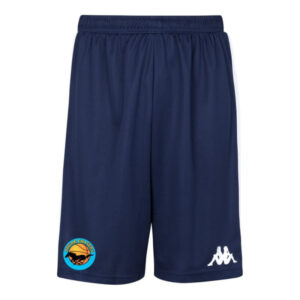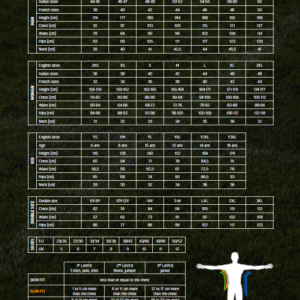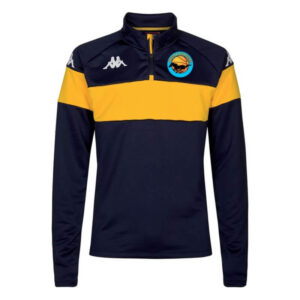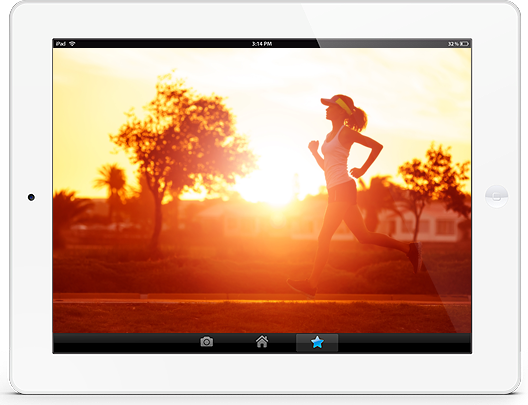No products in the cart.
General Sports Advice, Running
Running With the Sun

Running in heat and humidity can put you at risk for dehydration, heat stroke and other heat-related illnesses. Common sense is the key to avoiding problems, so be sure to follow these precautions:
[vc_separator type=’transparent’ color=’#ffffff’ thickness=” up=’15’ down=’15’]
- Stay Hydrated: The easiest way to avoid heat disorders is to keep your body hydrated. This means drinking fluids before, during and after exercise. The body’s fluid needs vary with exertion, climate, humidity, terrain, and other factors. The new fluid recommendations for runners say that they should “obey your thirst” and drink when their mouth is dry and they feel the need to drink. In training, drink before workouts and make sure you have access to fluids if exercising longer than 30 minutes. During longer workouts, some of your fluid intake should include a sports drink (like lucozade) to replace lost salt and other minerals (electrolytes).
- Choose Clothing Carefully: Light-colored, loose-fitting clothing will help your body breathe and cool itself down naturally. Tight clothing restricts that process and dark colors absorb the sun’s light and heat. Wear synthetic fabrics (not cotton) because they will wick moisture away from your skin so cooling evaporation can occur.
- Run Early or Late: Try to avoid running between 10 a.m. and 4 p.m., when the sun’s intensity is at its greatest. If you must train during those hours, try to stick to shady roads or trails. Morning (before sunrise or right after) is the coolest time of the day to run since the roads have not heated up during the day.
- Wear Sunscreen: Protect your skin with a waterproof sunscreen that has an SPF of at least 15 and offers broad spectrum protection, which means it protects against both UVA and UVB rays. Stick formulations are good for runners’ faces because the sunscreen won’t run into your eyes.
- Don’t Push It: On a race day (or during any intense workout), take weather conditions into account. Brutal heat and humidity mean you should scale back your performance goals. Don’t try to beat the heat. Hot and humid conditions are not the time to try to push your pace. Slow down, take walking breaks, and save
- Make a Splash: Use water to cool yourself during runs. If you are overheating, splashing water on your head and body will cool you down quickly and have a lasting effect as the water evaporates from your skin.
- Be Educated: You should be very familiar with the signs of heat problems so you recognize them in yourself or in a running partner. If you feel faint, dizzy, disoriented, have stopped sweating, or your skin is cool and clammy, slow down or stop running, and get some fluids. If symptoms continue, sit or lie down in the shade and seek help.




